The Global Land Tool Network (GLTN) promotes good learning practices through training and mentoring partners including local communities, national and local government institutions and other stakeholders to develop, adapt and strengthen their land governance systems. In line with this, the Xavier Science Foundation, Inc. (XSF) in partnership with the Asian NGO Coalition for Agrarian Reform and Rural Development (ANGOC) and the Global Land Tool Network (GLTN) facilitated a three-day training in the Philippines of twenty seven local enumerators (19 of whom were women) on the use and application of the GLTN land tool, Social Tenure Domain Model (STDM) in February 2019.
The training held in Cagayan de Oro City, Philippines included practical hands-on learning where the participants conducted household surveys using enumeration questionnaires and created hand drawn sketch maps showing settlement boundaries, landmarks and existing services in Barangay Lirongan.
The team went door to door interviewing households and taking geographical points of the houses using the handheld GPS’s and photographs of the household members. This information was then downloaded using a computer and exported onto the STDM software for analysis and generation of reports. The field exercise included question and answer sessions for better understanding of the STDM process.
The participants will be engaged in data collection using GLTN land tools such as STDM in the actual exercise in Pangantucan and Talakag Bukidnon, Northern Mindanao which starts in March 2019. They were drawn from Nagkahiusang Manobong Manununod sa Yutang Kabilin (NAMAMAYUK), Portulin Talaandig Tribal Association (PTTA) and the Miarayon-Lapok-Lirongan-Tinaytayan Talaandig Tribal Association (MILALITTRA).
At the end of the training, participants were appraised to gauge their understanding and technical capability for the task ahead. They were also issued with certificates of completion and are very eager to begin the actual data collection exercise.
This training is part of the Secure Access to Land and Resources (SALaR) project which aims to improve land and natural resources tenure security for rural smallholder farmers, most of whom are poor women, men and vulnerable people in three selected countries, Uganda, Philippines and Laos under the special initiative ‘One World-No Hunger’ launched by The Federal Ministry for Economic Cooperation and Development (BMZ).








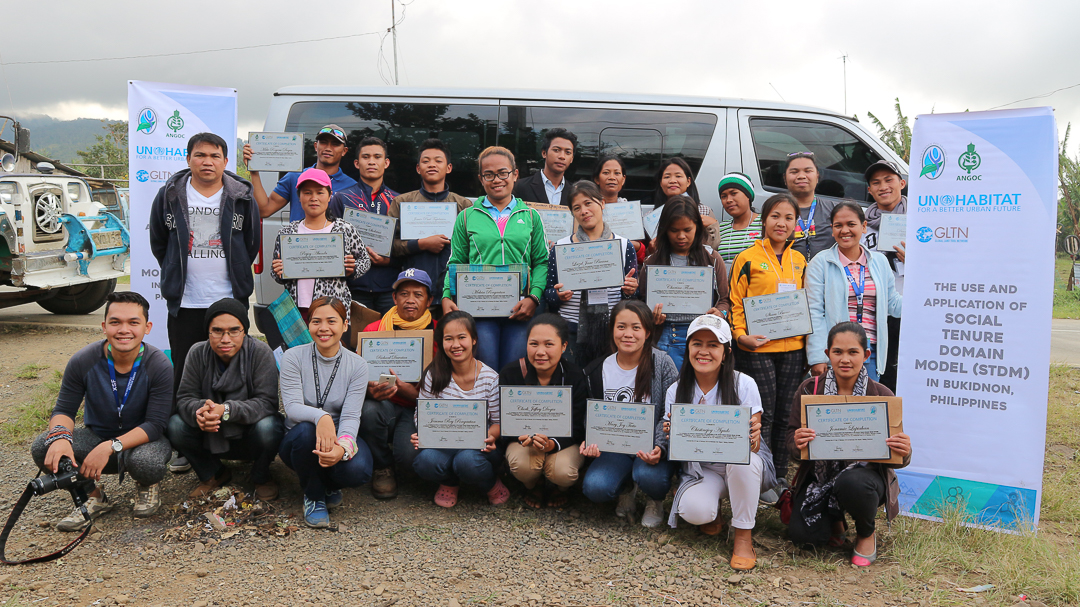
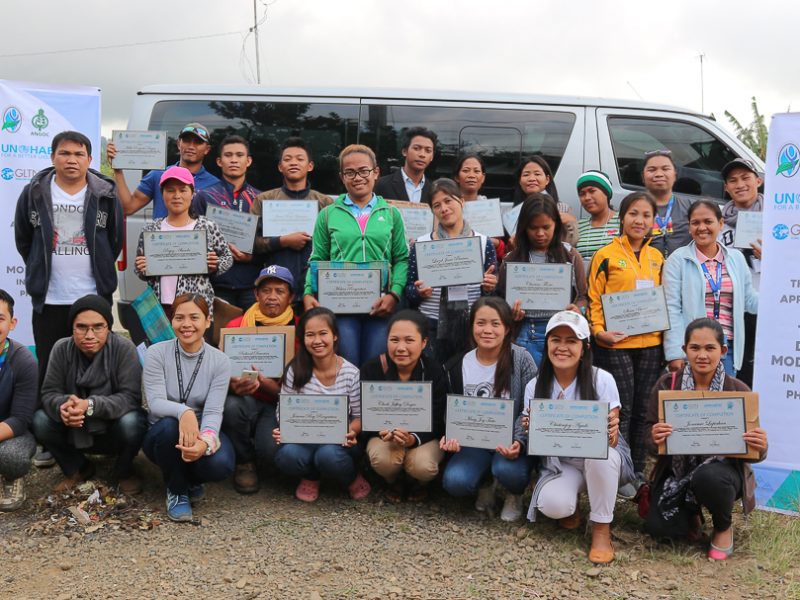
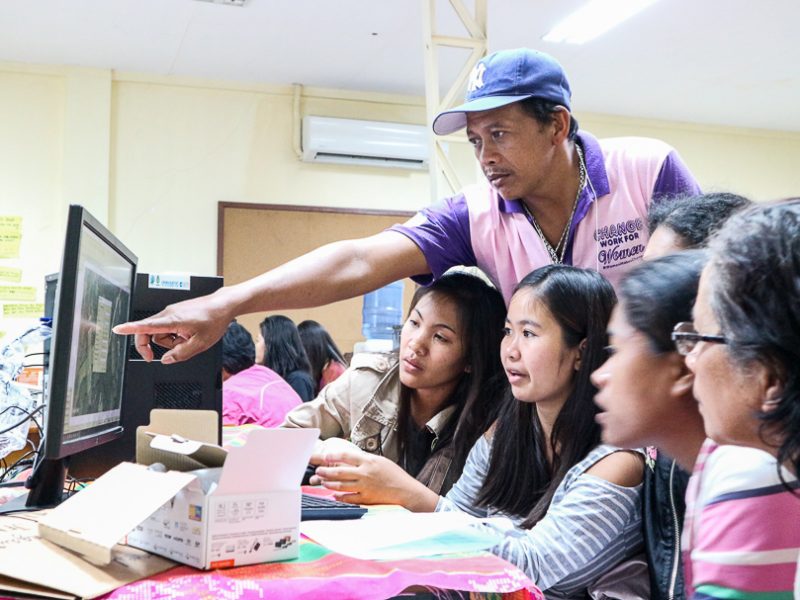
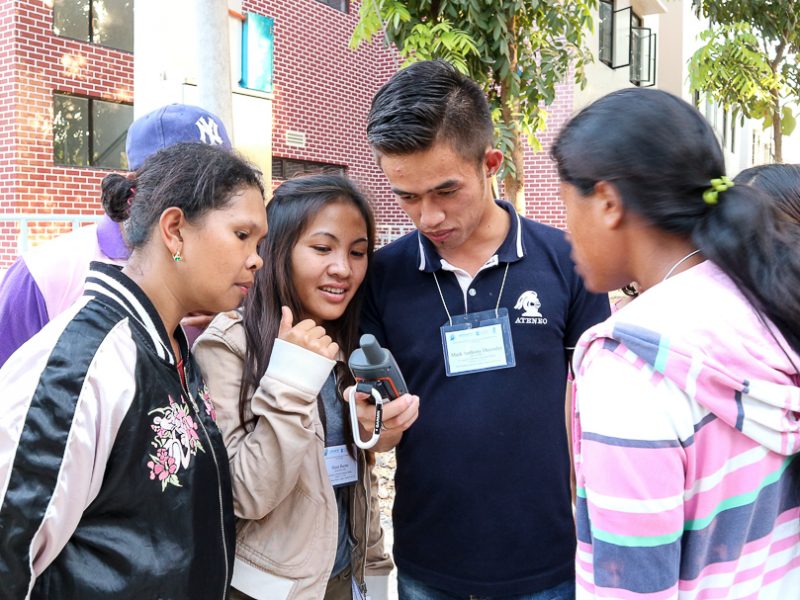
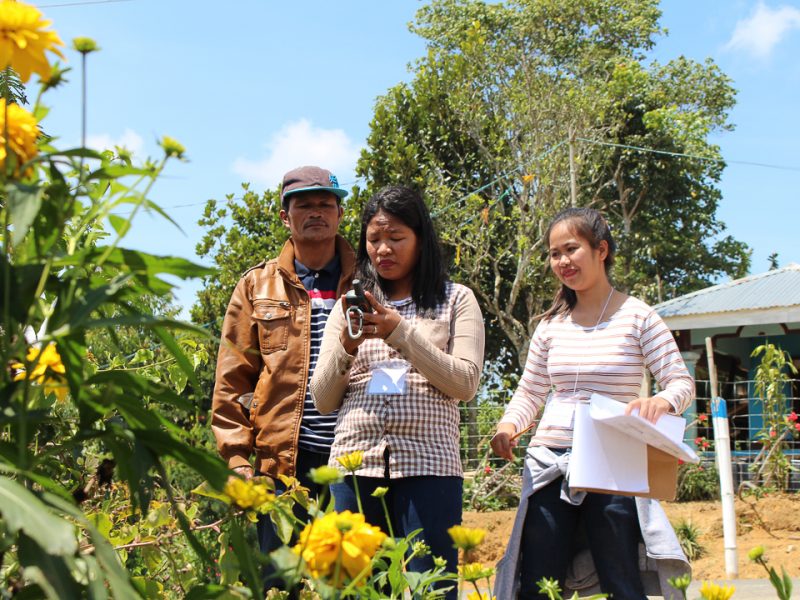
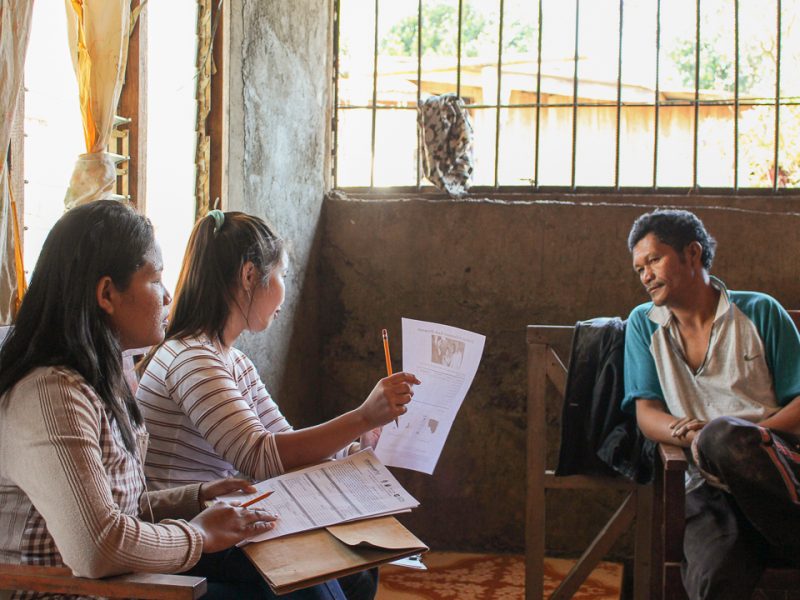
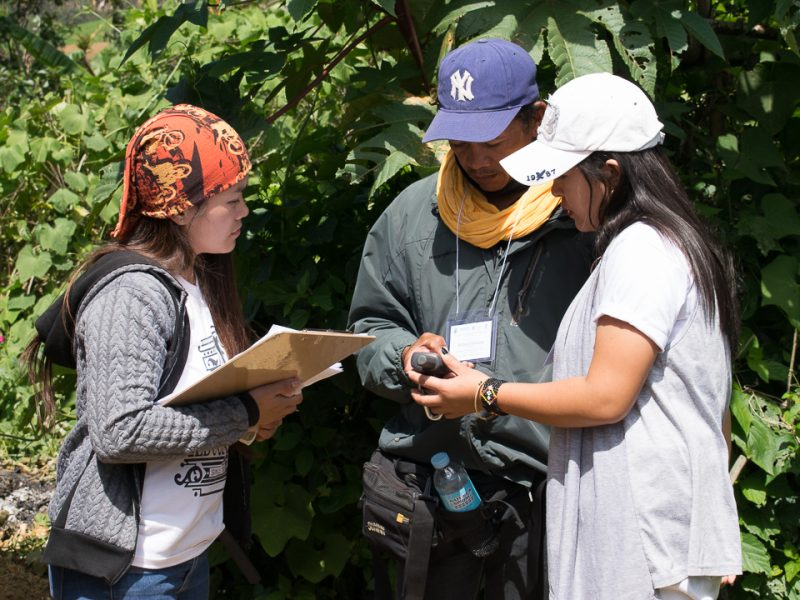
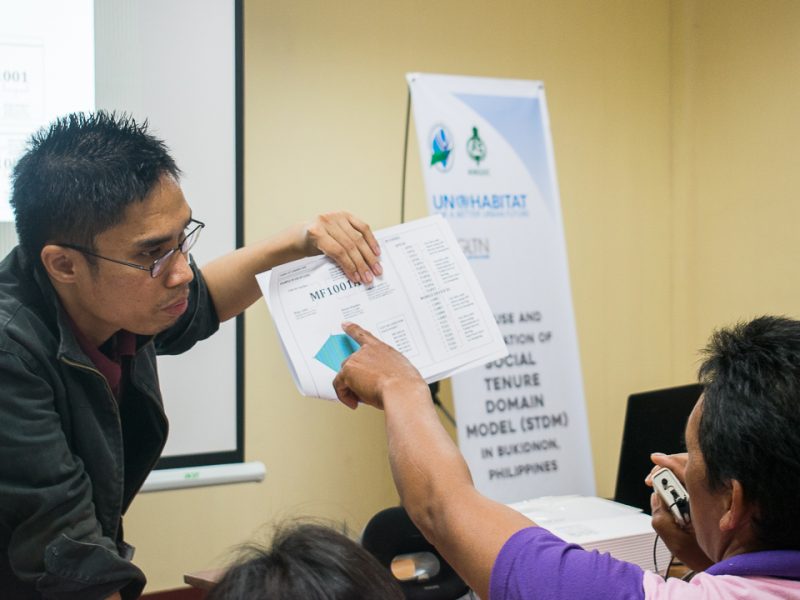
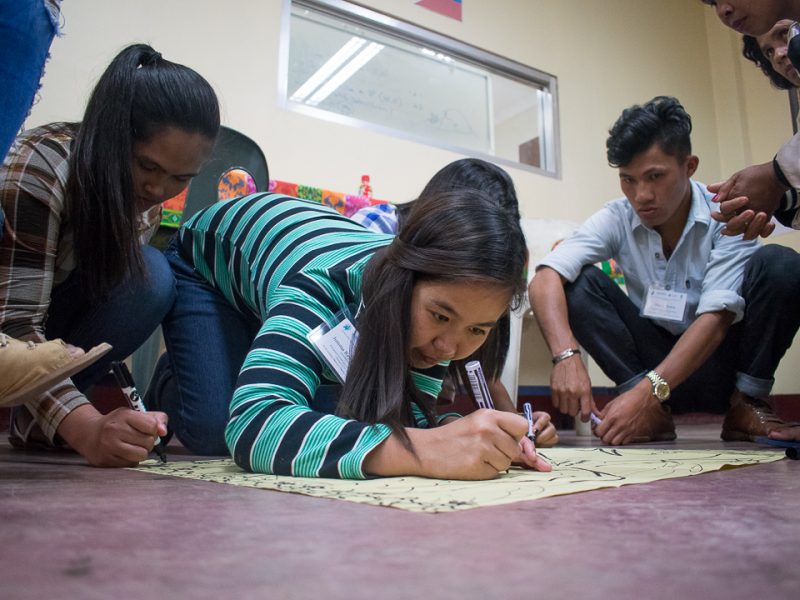
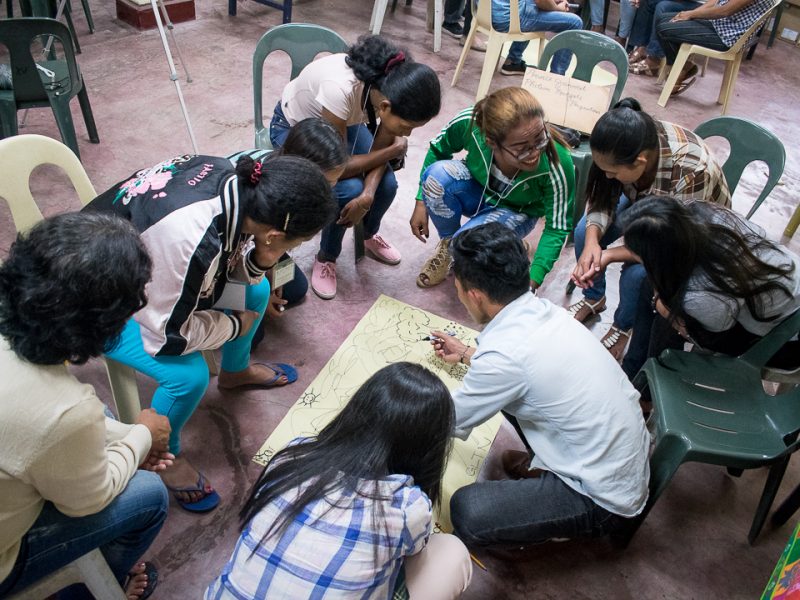
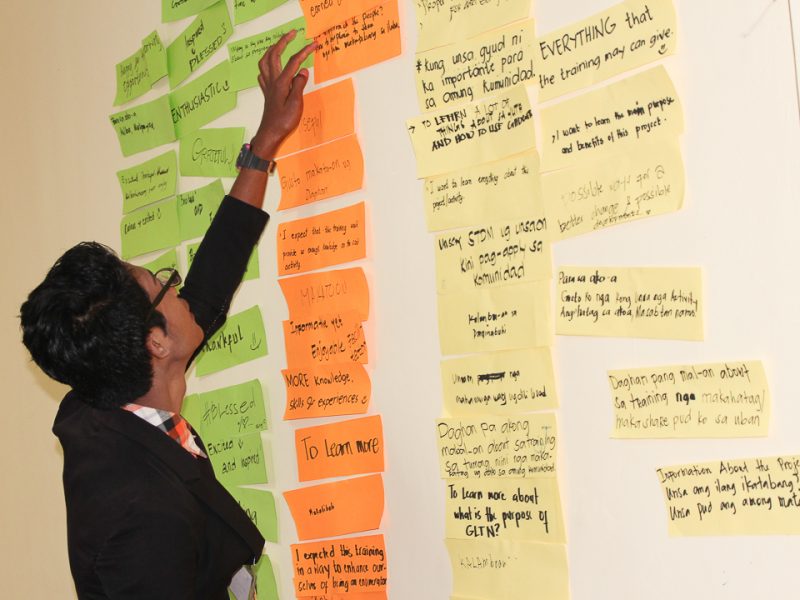
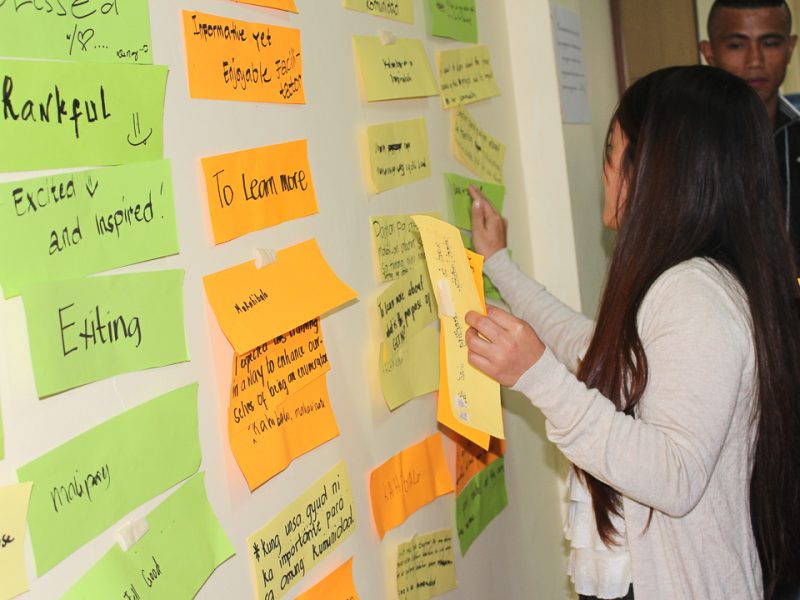
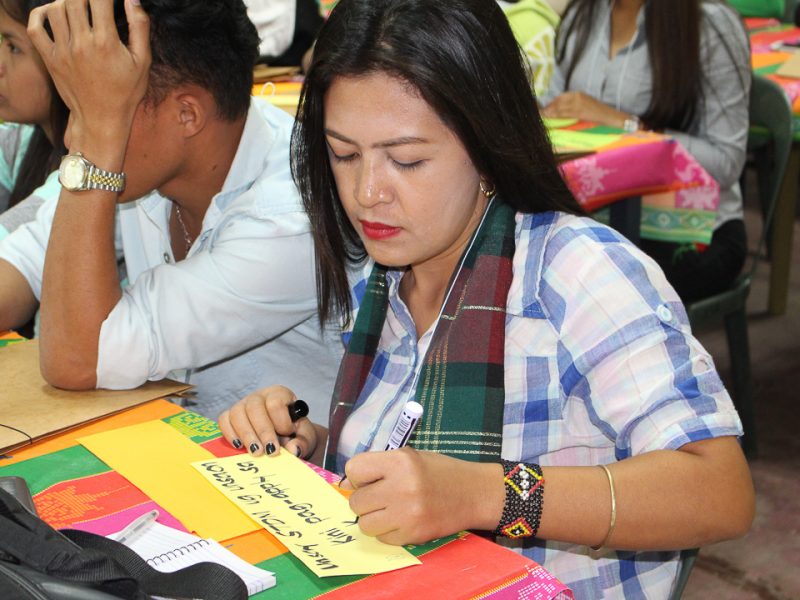
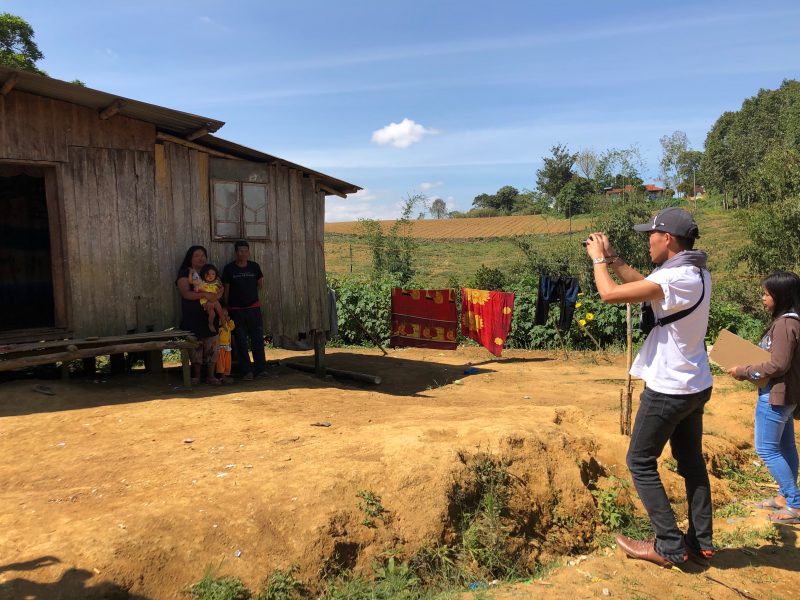

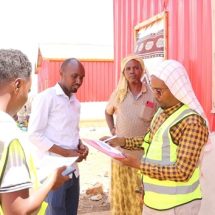

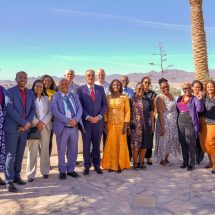
good work and inspiration job and collaboration